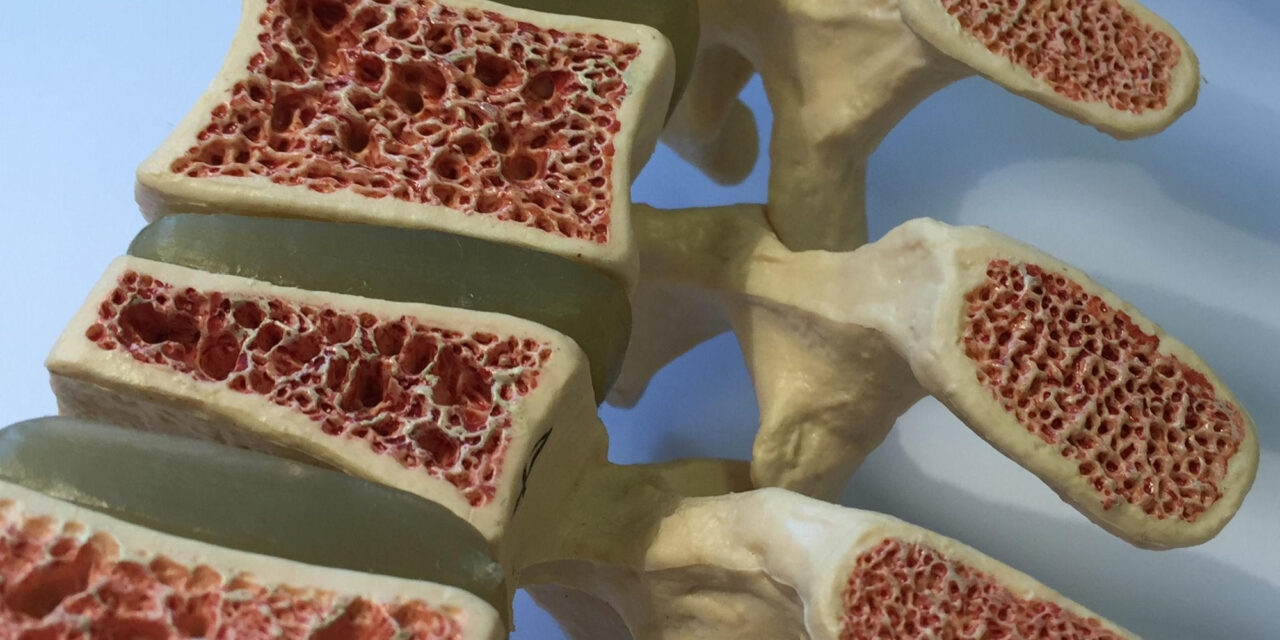A team of researchers from the University of California, San Francisco (UCSF) and the University of California, Davis (UC Davis) has made a significant discovery in bone health, identifying a new hormone known as CCN3, or Maternal Brain Hormone (MBH). This hormone plays a crucial role in maintaining strong bones in breastfeeding women and holds promise for treating osteoporosis and enhancing fracture healing.
Published in Nature, the study resolves a longstanding mystery surrounding how women can sustain bone density during breastfeeding, despite the calcium demands of milk production. The findings indicate that CCN3 significantly increases bone density and strength in mice, suggesting potential applications for human health.
Breastfeeding and Bone Density: The Challenge
Breastfeeding women typically experience low estrogen levels, which are known to promote bone formation. However, osteoporosis, affecting over 200 million people globally, is notably less common during lactation, prompting researchers to investigate alternative mechanisms for bone health. Holly Ingraham, PhD, senior author of the study, emphasized the importance of including female subjects in biomedical research to fully understand biological processes.
In previous research, Ingraham’s team discovered that blocking a specific estrogen receptor in female mice led to increased bone mass. However, the exact hormone responsible for this effect remained elusive until the identification of CCN3.
Discovery of CCN3
Through extensive analysis, the researchers pinpointed CCN3 as the critical hormone in lactating female mice. They observed that without CCN3 production, bone loss occurred rapidly, and offspring health was compromised. This discovery underscores the hormone’s vital role in maintaining bone integrity during the lactation period.
Implications for Osteoporosis Treatment
The potential applications of CCN3 extend beyond breastfeeding. When administered to both young and older mice, the hormone resulted in dramatic increases in bone mass and strength, with some mice exhibiting more than double the bone mass after treatment. Thomas Ambrosi, PhD, a collaborator on the study, noted that the bones treated with CCN3 were not only highly mineralized but also remarkably strong.
Further research revealed that CCN3 stimulates stem cells in bones to produce new bone cells, highlighting its therapeutic potential in bone healing and osteoporosis treatment.
Innovative Healing Strategies
To explore CCN3’s capabilities in fracture healing, the researchers developed a hydrogel patch that gradually releases CCN3 at fracture sites. In elderly mice, this approach significantly enhanced bone regeneration, achieving results previously unattainable with other methods.
Ambrosi expressed excitement about the findings, indicating the potential for CCN3 to foster bone healing akin to that seen in younger animals.
Future Research Directions
The research team plans to delve deeper into the molecular mechanisms of CCN3, assessing its levels in breastfeeding women and exploring its potential to treat various bone conditions. Muriel Babey, MD, a co-first author of the study, aims to investigate how CCN3 impacts bone metabolism in clinical settings, particularly in populations at risk of bone loss, including breast cancer survivors and elite female athletes.
Ingraham emphasized the broader implications of this research, noting that CCN3’s ability to increase bone mass could benefit various groups, including older men and individuals with hormone-related bone loss.
Conclusion
The discovery of CCN3 represents a major advancement in our understanding of bone health and offers promising avenues for future treatments. As researchers continue to explore the full potential of this hormone, the findings could pave the way for innovative strategies to combat osteoporosis and enhance bone healing in diverse populations.
Reference: Babey, M. E., Krause, W. C., et al. (2024). “A maternal brain hormone that builds bone.” Nature. DOI: 10.1038/s41586-024-07634-3.












